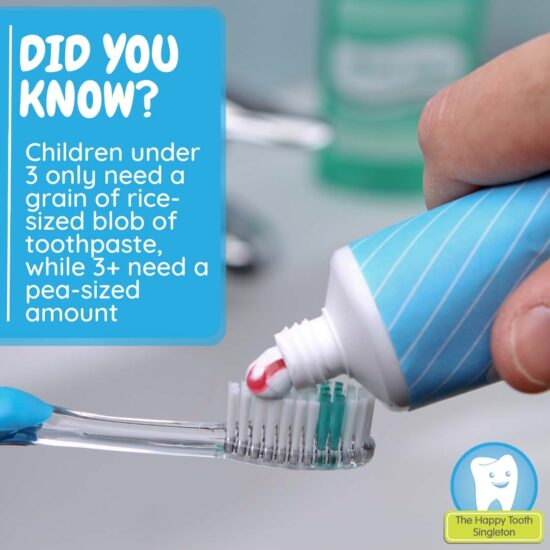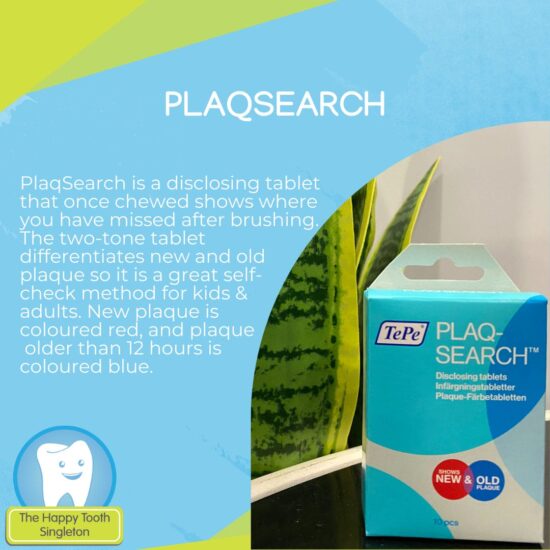Dental veneers have many uses. They can brighten your smile as well as change the appearance of the shape, size and alignment of your smile. Veneers can even fill in gaps in your front “smiling teeth”. Dental veneers are thin shells of porcelain that get bonded onto the front surface of your teeth. Each veneer is custom-designed based on your natural teeth and new smile goals. Digital smile design allows you to see what your new smile will look like – before you begin treatment!
The Happy Tooth is your trusted partner for quality, natural-looking dental veneers in Singleton.
The Benefits of Dental Veneers
When created and placed by an experienced cosmetic dentist, porcelain dental veneers provide a wide range of benefits:
- 100% tailored to you
- Exceptionally life-like aesthetic
- Durable and long-lasting
- Stain-resistant
- Most patients report little to no discomfort during the process of getting veneers
- Minimal recovery time
- Achieve the smile of your dreams in little time
The Process for Getting Dental Veneers
The first step is a consultation with one of our dentists to determine your suitability to veneers. Your dentist will take the time to get to know you and understand the concerns you have with your smile. They will assess your current oral health and health history as well as discuss your new smile goals with you.
If with the help of your dentist, you decide that dental veneers are the right choice for you, the design and test driving of your new smile can begin! Once you are happy with the look of your new smile, it’s time to get your teeth prepared for the veneers. This involves removing a fine layer of dental enamel from the front of each tooth that is having a veneer placed. The correct preparation of your teeth is essential to ensure a natural-looking and long-lasting result.
When the preparations are complete, your dentist will take impressions or scans of your teeth for the custom making of your veneers. Temporary veneers will be fitted to see you through until your permanent ones are ready. Once your veneers arrive back from the dental lab, it’s time to have them placed on your teeth. Your dentist will remove your temporary veneers, and bond your permanent ones into place.
Dental Veneers Aftercare
Once your dental veneers are bonded in place, you are good to go! With this cosmetic dental treatment, there is little downtime. If you have received anaesthetic, it may take a few hours to wear off. During this time, you should be careful to not bite your cheeks, lips or tongue.
Caring for your new dental veneers is much the same as caring for your natural teeth. To prolong the life of your veneers and keep your natural teeth strong and healthy, you should brush twice daily and floss every day. Keeping up with regular dental check-ups will help you maintain good oral health and allow your dentists to identify any potential problems with your veneers early on.
Here are a few extra tips from our dentists to help you protect your veneers:
- If you grind your teeth, it’s essential to wear a bite splint to protect your investment. Whilst porcelain veneers are durable, they are subject to damage or even coming off with ongoing teeth grinding.
- Take extra care when eating hard foods.
- Avoid biting your fingernails, chewing tips of pens or ice.
- If participating in contact sports be sure to wear a dentist-made mouthguard to protect your teeth.
Dental Veneers FAQs
Our friendly front desk team is more than happy to answer any questions you may have. For quick reference, here are the answers to some questions about dental veneers that we get asked often:
Can I get veneers instead of braces?
Veneers may be suitable for disguising the appearance of slight misalignments, but they do not change the position of your teeth. If your teeth are misaligned beyond what veneers can cover-up, you may need orthodontic treatment. Modern orthodontics means there are far more discrete options for straightening your teeth than metal braces, for example, Invisalign.
Crowns or veneers?
Teeth that are decayed or have very large fillings are often better treated with a full crown restoration. Veneers are an aesthetic dental treatment. Whereas, crowns are for restoring function and structure, as well as appearance.
Can I get a veneer on one tooth only?
A consultation will help determine how many veneers you need or if veneers are the best option. Our dentists recommend having an even number of veneers. Four, eight, ten or twelve veneers give the best aesthetic results.
Can anybody get veneers?
To make a good candidate for veneers, good oral health and hygiene are important. If you have extensive tooth decay, it’s not a good idea to cover it up with veneers. Your dentist will be able to assess your oral health for veneers and help you make improvements where necessary in preparation for this cosmetic dental treatment.
Are there different types of veneers?
There are two types of veneers most commonly used – porcelain and composite resin. Porcelain veneers are made in a lab and provide better durability and stain-resistance. Composite resin veneers are bonded directly to your teeth and then shaped and polished. Whilst composite resin veneers are the more cost-effective option, they provide less durability and stain resistance than their porcelain counterparts.


